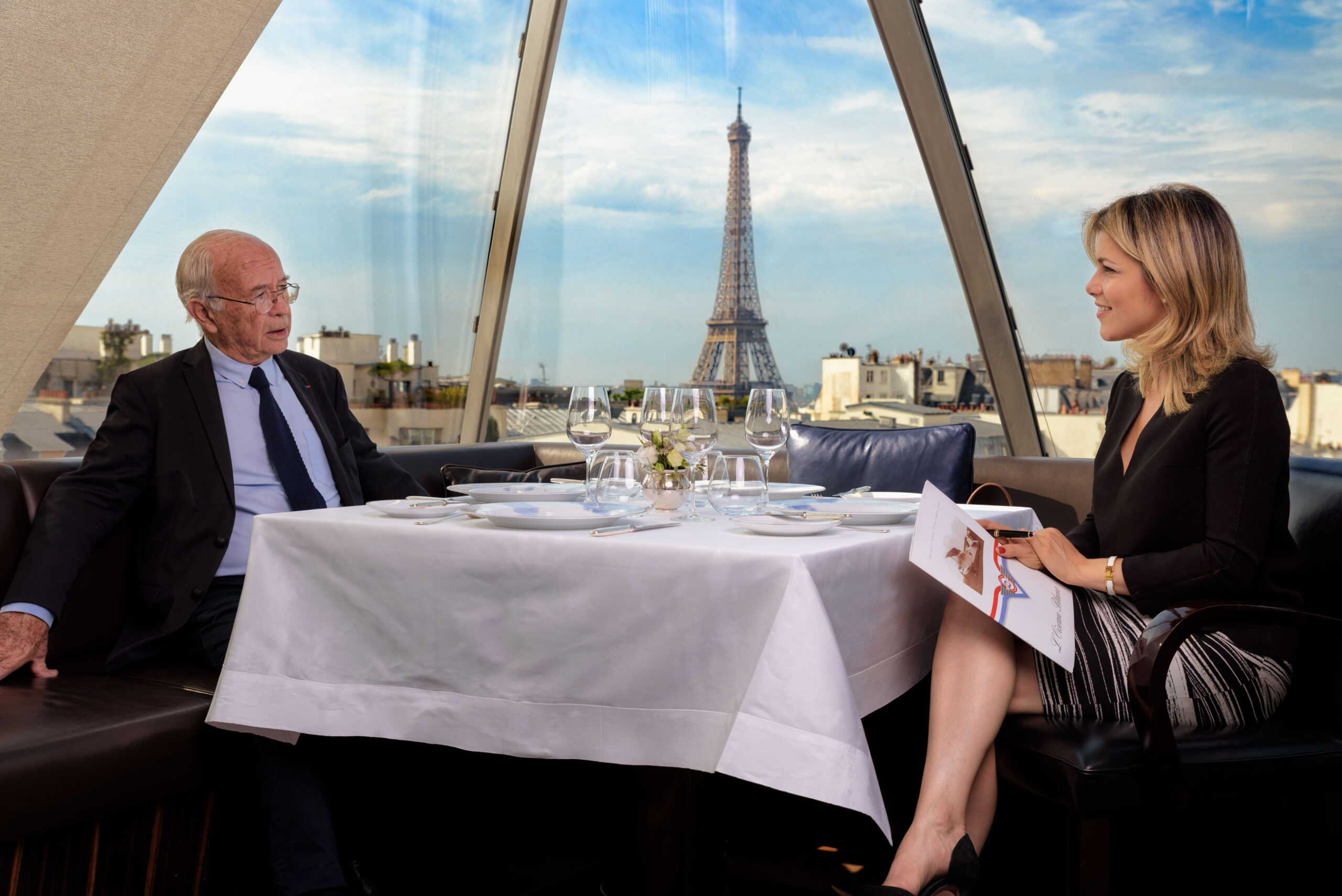 Aerospace and Defense Actors
Aerospace and Defense ActorsThe Oiseau Blanc: what can history’s most important aircraft teach us about the future of the aerospace industry?
August 20, 2017
Reflecting back over the past few decades, it is clear the aerospace industry has seen remarkable growth. The industry expects to see market demand for aircraft continue to grow on an annual basis, with industry experts predicting that an additional 30000 aircraft will be required over the next 20 years.
So, what does the future hold in store for airline pilots?
Well, if there are more aircraft, it goes without saying that there will need to be more pilots. In fact, experts predict that demand for commercial airline pilots will rise to 558,000 over the next 20 years.
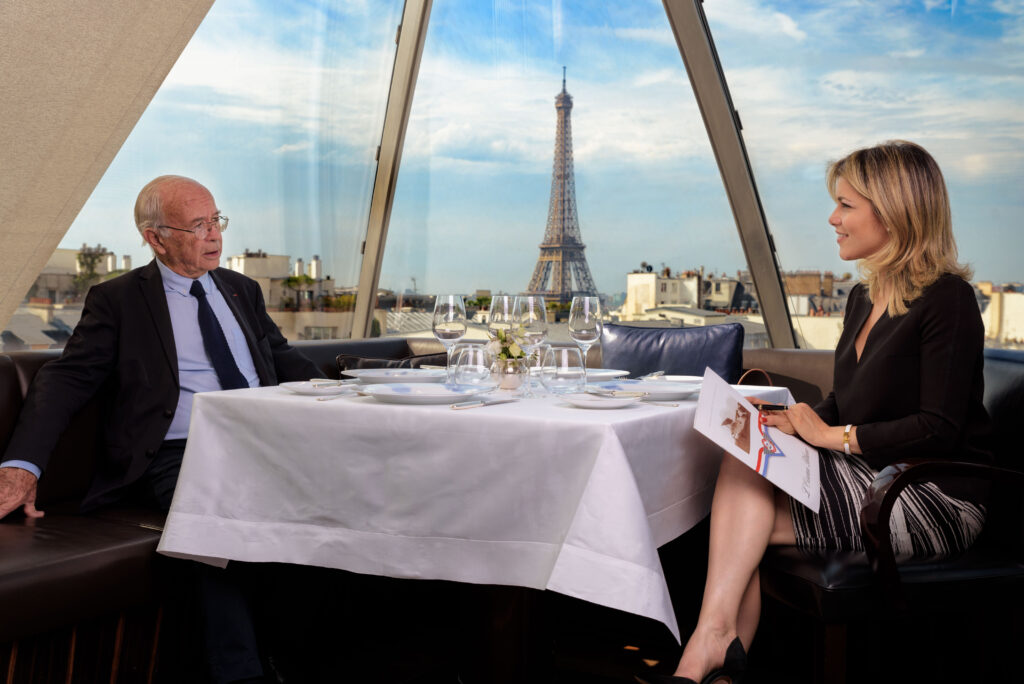
Most people wouldn't trust an aircraft without a highly trained person sat in the cockpit.
But if scientists were to tell us that eradicating pilots would actually make flying safer, would we believe them?
Would you be prepared to board an aircraft that was commanded by a computer?
If there is one thing that is for sure, it’s that the industry is fascinating.
Just a few decades ago, the idea of taking a flight across the Atlantic from New York to Paris was the stuff dreams were made of. Yet, less than 100 years ago, two French pilots, Charles Nungesser and François Coli, set out to do exactly that when they embarked on a 33-hour trans-Atlantic flight from Paris to New York on the 8th and 9th of May 1927.
While the history books tell us that their attempt to cross the Atlantic failed, the reality may be very different.
In 1927, it was Charles Lindbergh who won the $25,000 prize fund offered by the New York hotelier Raymond Orteig for the first nonstop trans-Atlantic flight between New York and Paris. However, some theorists now believe that Nungesser and Coli’s attempt had actually been a success.
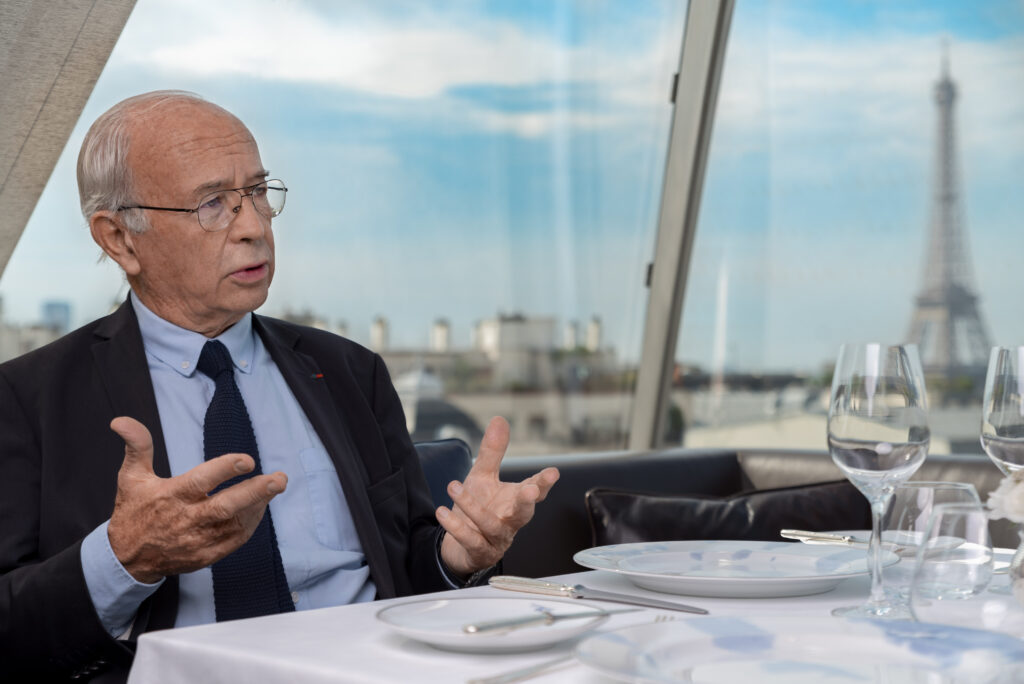
Regardless of what series of events actually took place, what is true is that Nungesser and Coli have become a source of inspiration for many in the French aviation industry and their legacy lives on to this day.
For this blog post, it is with great pleasure that I introduce you to Mr. Bernard Decré, Creator of the Tour de France à la Voile, sailor, and French aviator enthusiast.
Mr. Decré was inspired by the French pilots of yesteryear after reading a book on mysterious wrecks that his daughter had given him. He received us at Restaurant L'Oiseau Blanc - Hôtel Peninsula, and agreed to share some insights into his latest research and discoveries, tell us what he believes makes the profession of pilot so special, and explain why he finds A la recherche de l'Oiseau blanc so fascinating.
Bernard Decré has committed his life to exploring the events that led to the demise of The Oiseau Blanc with true passion, and has spent the last six years thoroughly investigating this great mystery.
When it comes to what really happened to The Oiseau Blanc, Mr. Bernard Decré has arrived at a different conclusion to that typically described in history books. He believes that their aircraft probably flew over Newfoundland before crash landing off the coast of Canada. If so, Mr. Nungesser and the navigator François Coli might, indeed, have been the first men to fly nonstop to North America from Continental Europa. Nungesser and Coli would then have held the world flight distance record, if only for 12 days and under tragic circumstances.
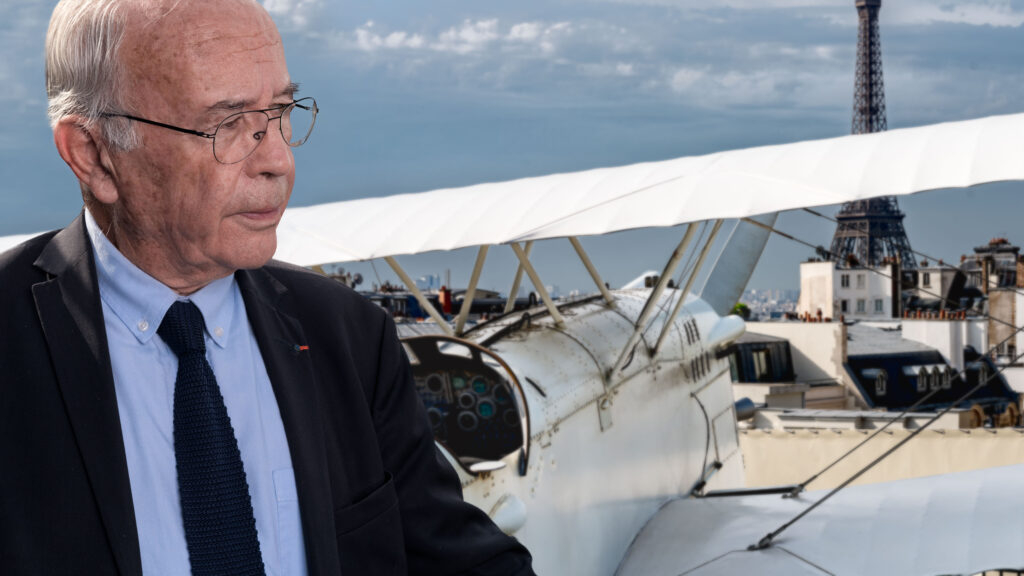
Over the past few years, Mr. Decré has made very important and relevant discoveries about the path the Oiseau Blanc took during the trans-Atlantic flight attempt. For example, he has trawled through U.S Coast Guard records at the National Archives in Washington to find telegrams related to The Oiseau Blanc. Perhaps one of the most significant findings that have resulted from this research was that of a telegram that was sent on Aug. 18, 1927, in which a coast guard officer described how he had seen a pair of joined white wings floating several hundred miles off the coast.
Mr. Decré described the extent to which the pilot’s skills were critical when flying a plane during that time in history with great emotion. He stressed the importance of understanding just how skilled Coli and Nungesser had been.
Unlike the relatively safe air travel we enjoy today, pilots in the 1920s didn’t benefit from highly functional technologies. They didn’t have access to radar, autopilot, or even information about the fuel capacity. They simply had their hands on the wheel, pushed the nose down, and adjusted the power accordingly. It was experience and courage that determined their chance of survival, and it was this courage that allowed them to accomplish amazing feats in very uncertain circumstances.
François Coli was a highly skilled pilot. He was 45, a World War I veteran and recipient of the French Legion of Honor. He had made record-breaking flights across and around the Mediterranean Sea and had been planning a transatlantic flight since 1923.
We may never really know what really happened to Coli and his colleague on that fateful flight. But we can learn from their story.
While many people dared to dream of flying and taking to the clouds, very few people took positive action to make their dreams a reality. Coli and Nungesser were remarkable.
While the aerospace leaders discuss the future of an industry that supports 10 million people globally through direct employment, with an additional 63.5 million supported indirectly, we should remember the important role human operators play. There will always be situations in which a human pilot, human skill, and human judgment are essential.
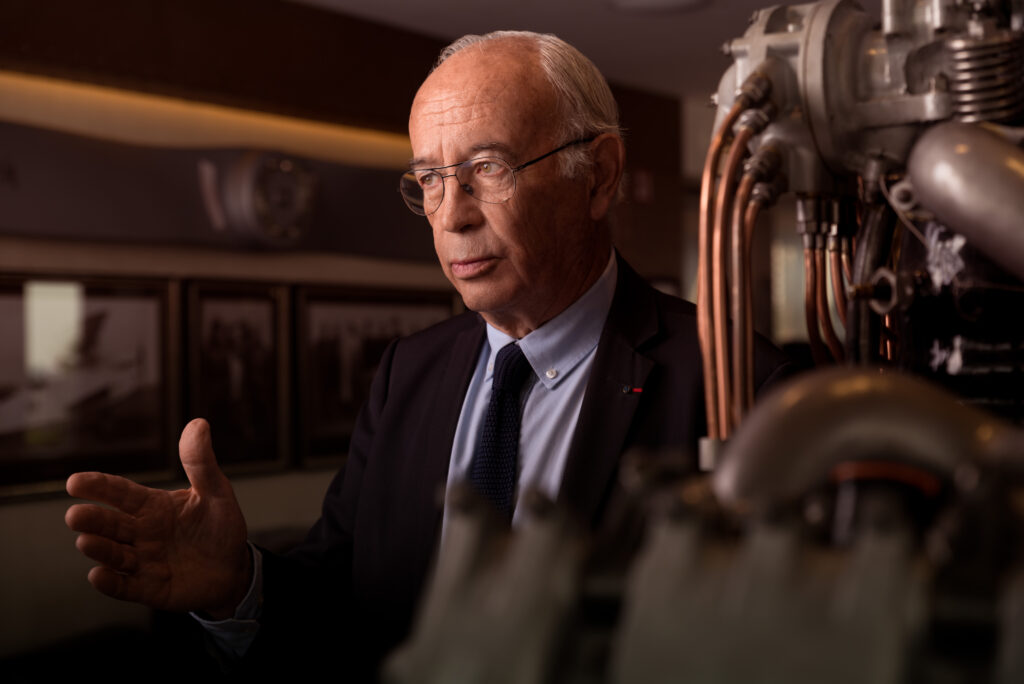
The pilots of today have access to a much more sophisticated set of equipment than that available to Coli; however, the basic task remains the same: Pilots still fly the plane.
Regardless of how safe and precise technology becomes, it can never replace the passion and heart of a true pilot.
Cheers!
Ana Paula Araujo MendesMr. Bernard Decré
President of the research association of l'Oiseau Blanc
Founder, Manager and Honorary President of the SAILING TOUR DE FRANCE, more than 30,000 team members participated.
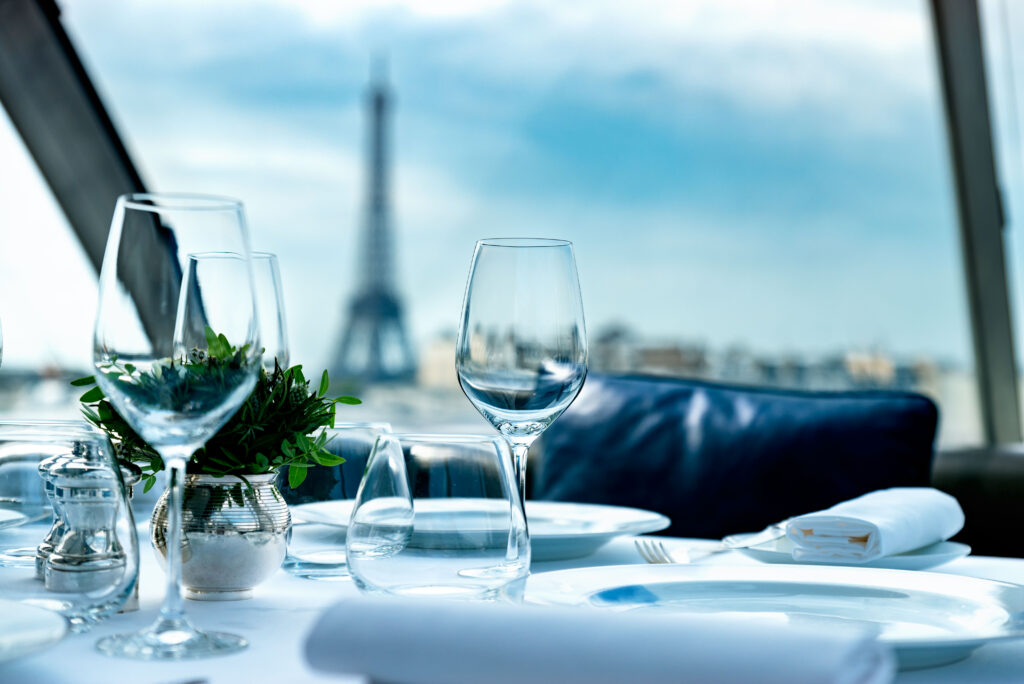
Mrs. Solène David, Director of Communications and Mr. Benoît Legros, L'Oiseau Restaurant Manager
"An Homage to travel"
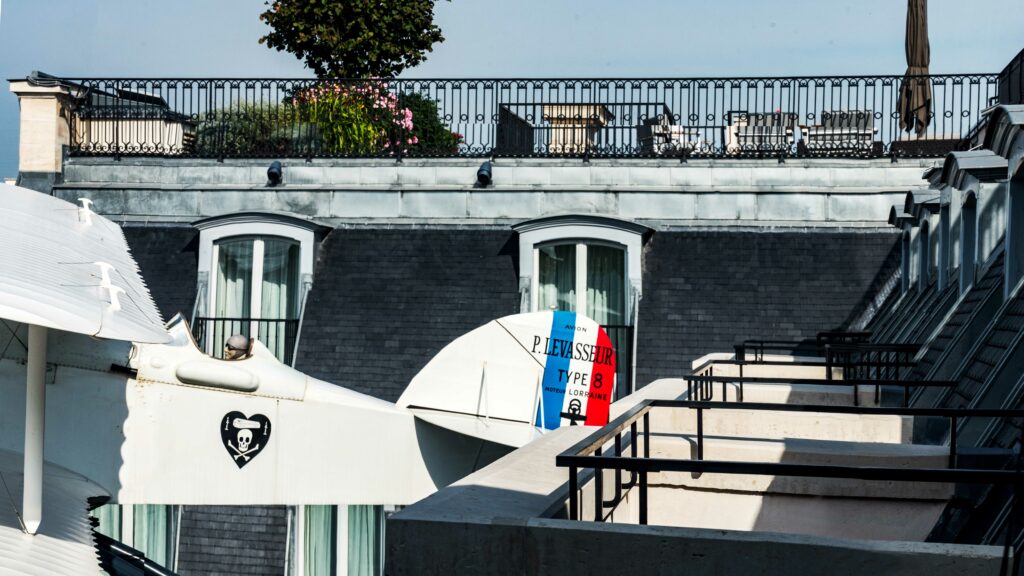
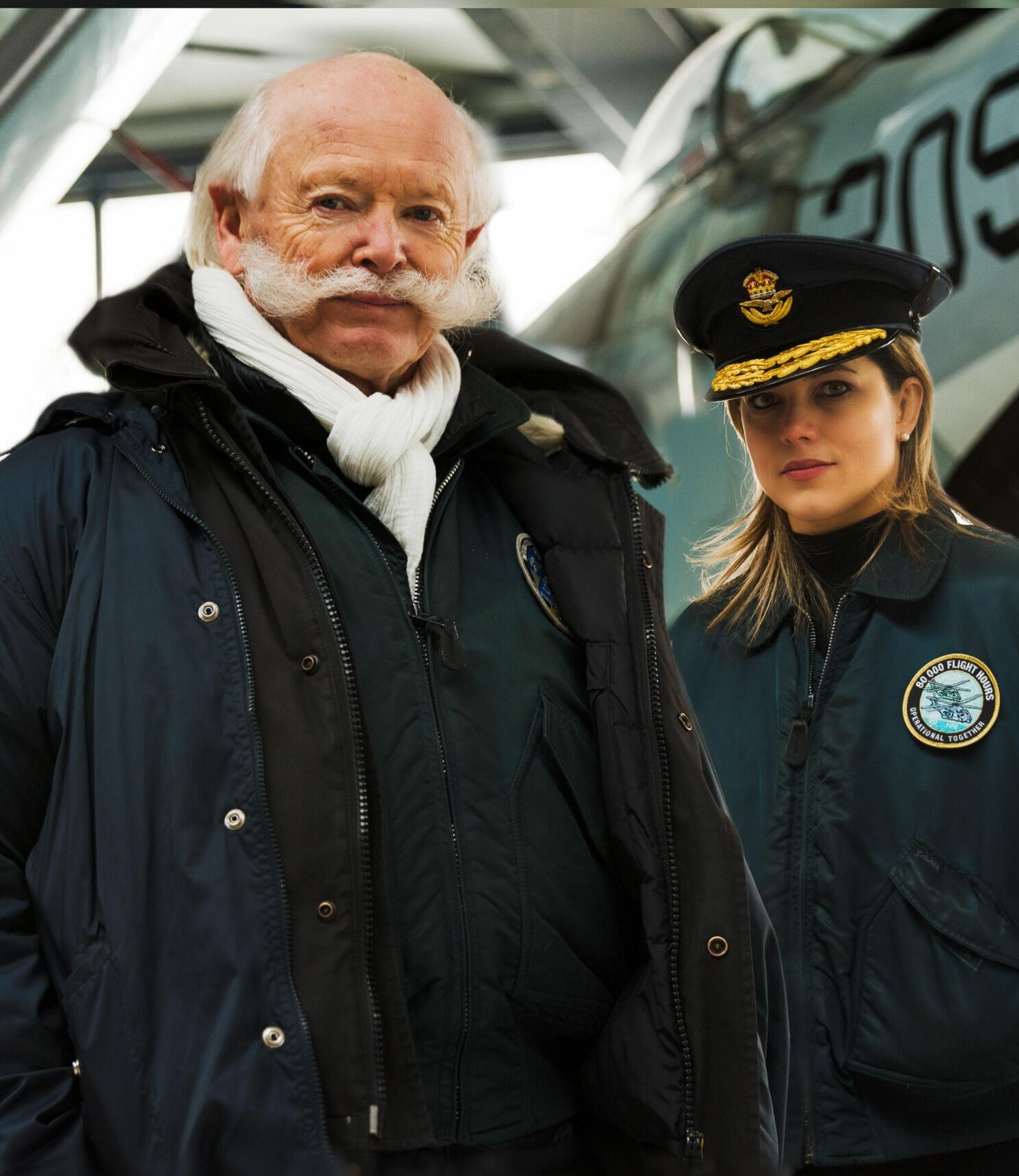
Aerospace and Defense Actors
Jack Krine - Fighter Pilot: Passion and Determination to Lock On to Your Target
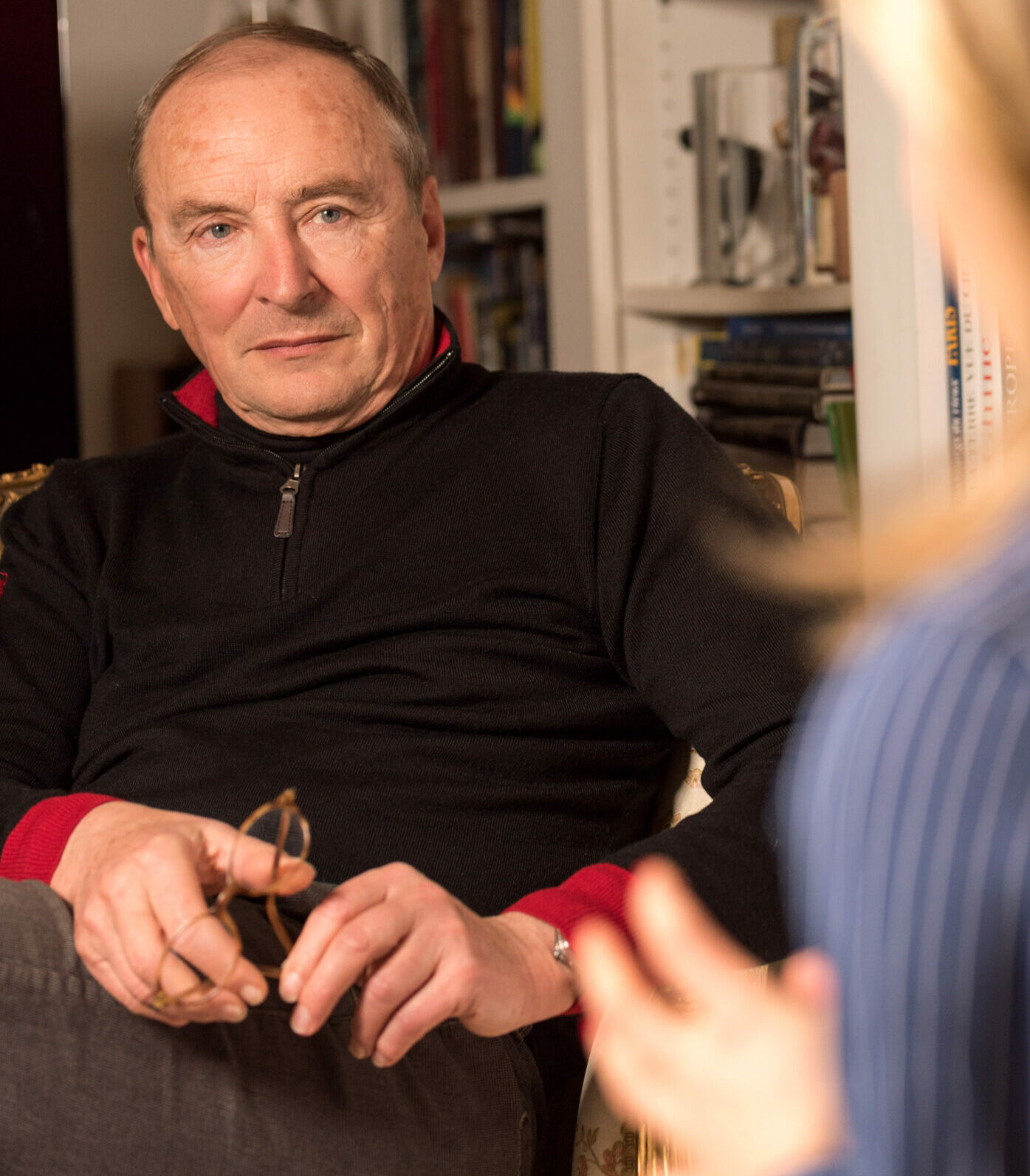
Aerospace and Defense Actors
Jean-Pierre Haigneré: A Cosmonaut's View of Progress. We Are Not Heroes; we are the Image of the Earth
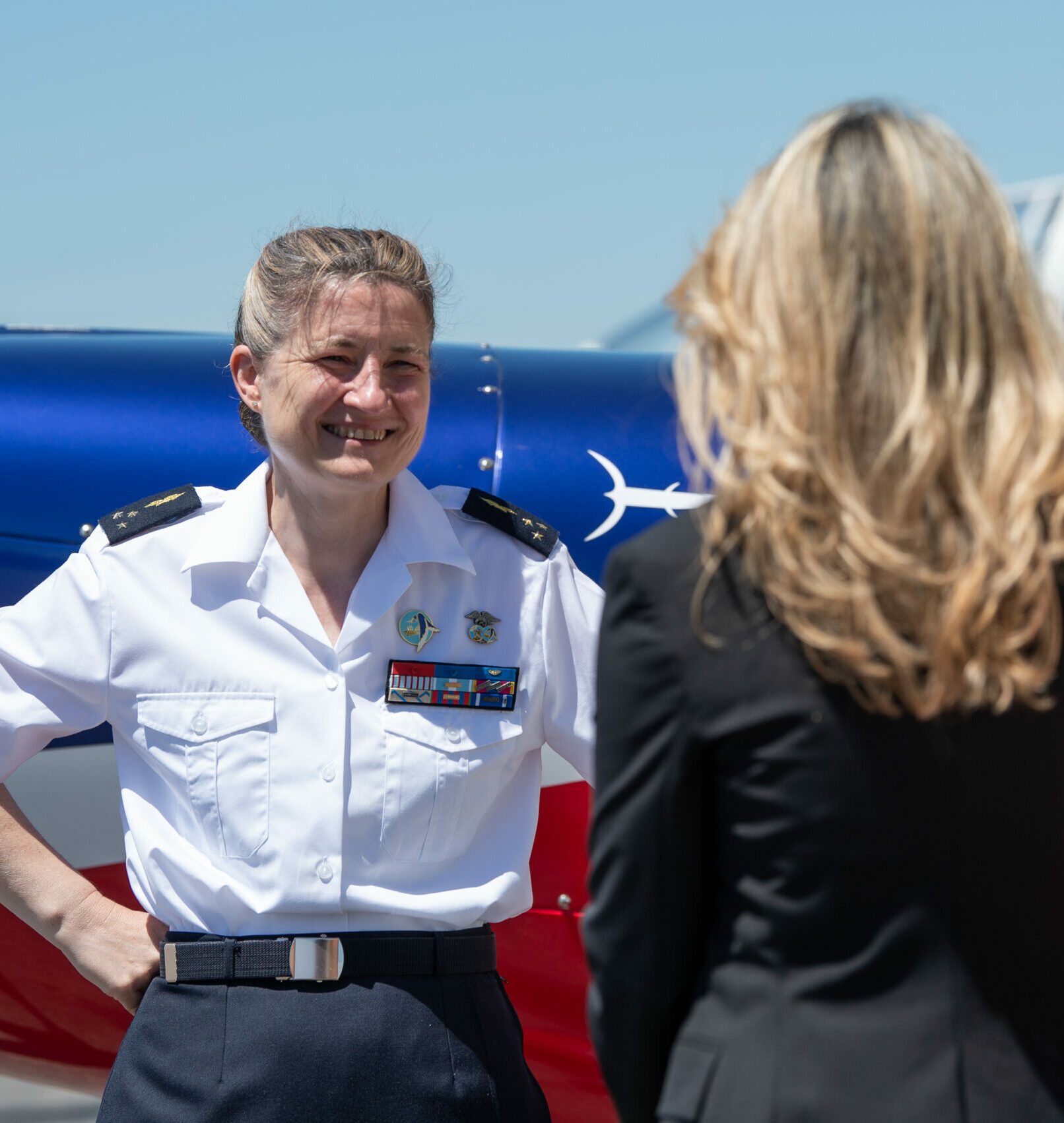
Aerospace and Defense Actors
Major General Dominique Arbiol on Preparing the Next Generation of French Air Force Officers: Building the Right Force for the Future Warfare
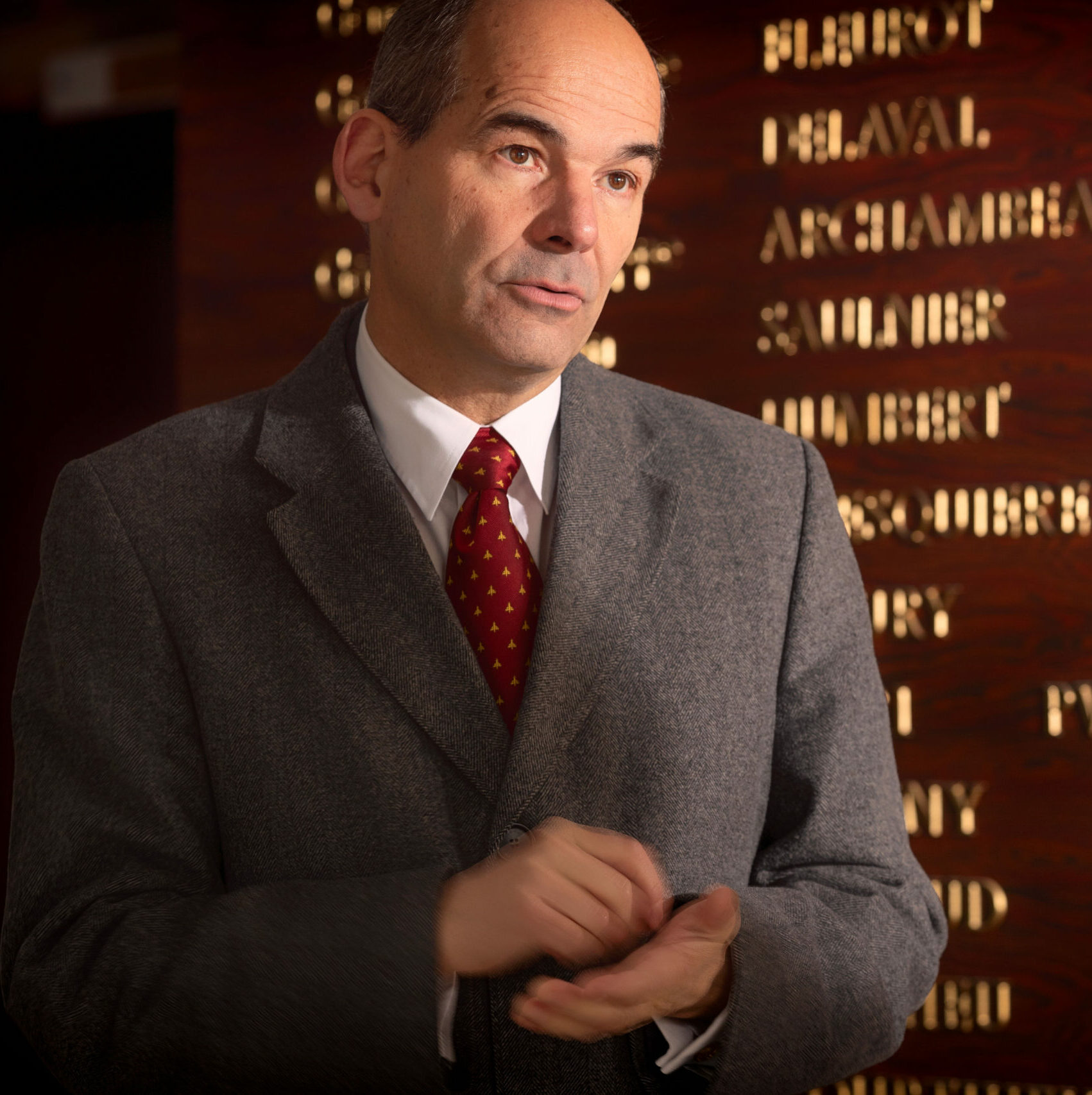
Aerospace and Defense Actors
General Patrick Charaix: Information Value and Quality on the Innovation Process Performance in a Collaborative Context
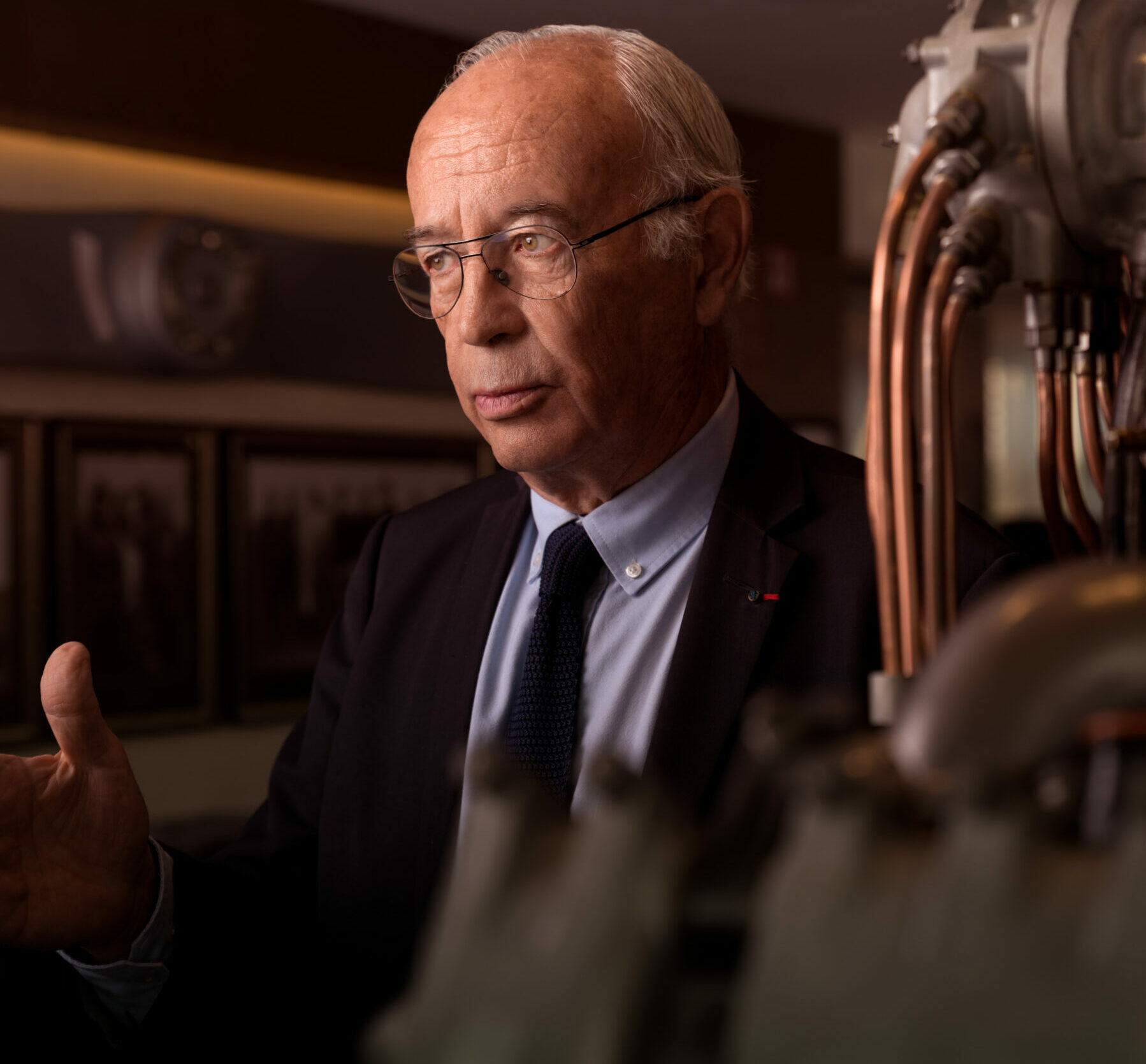
Aerospace and Defense Actors
The Oiseau Blanc: To Those Who Tried and the Ones Who Succeed: The True Passion and Heart of the Pilot
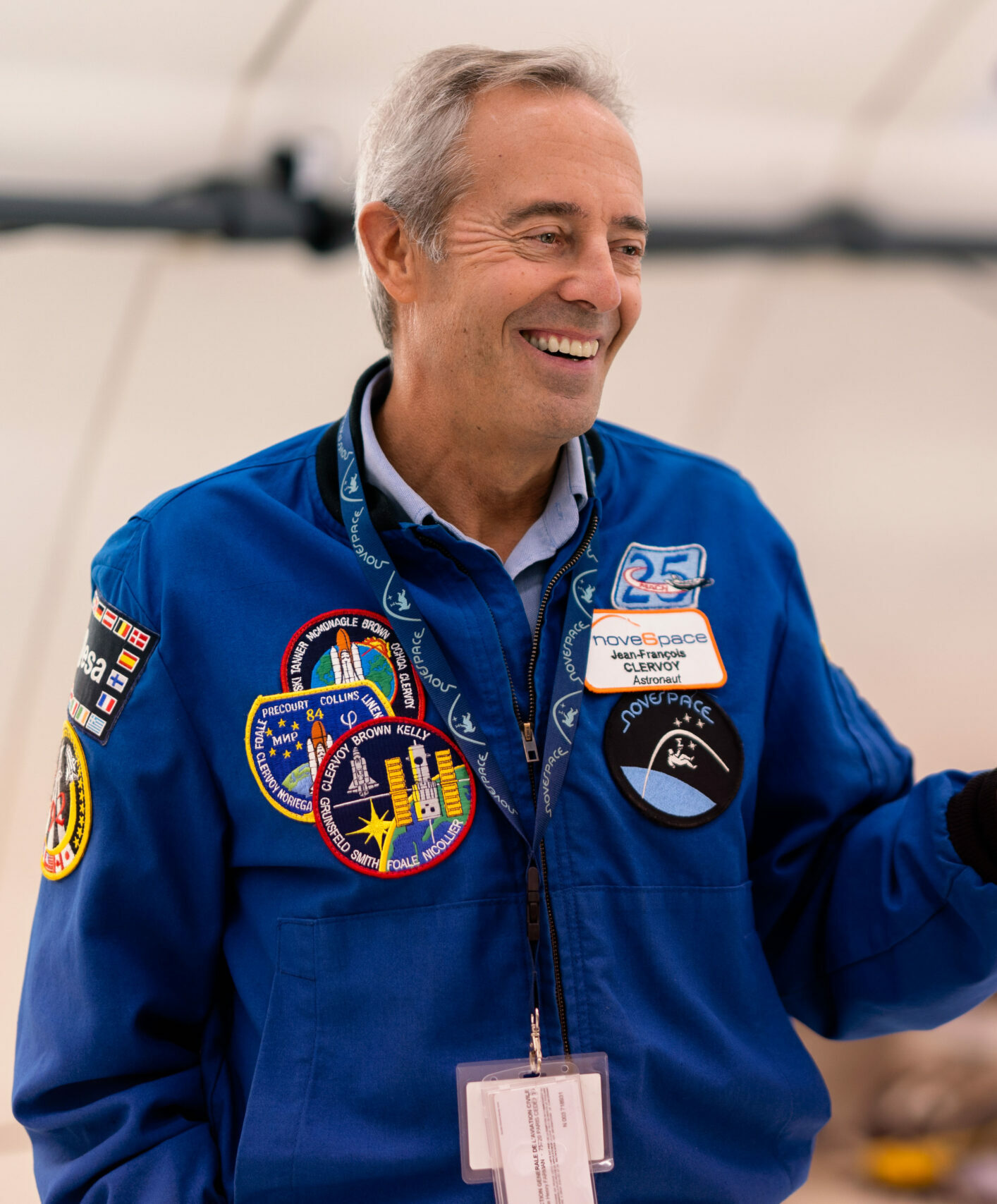
Aerospace and Defense Actors
Astronaut Jean-François Clervoy - Parabolic Flying and The Zero G: How 22 Seconds Can Change the Future of the World

